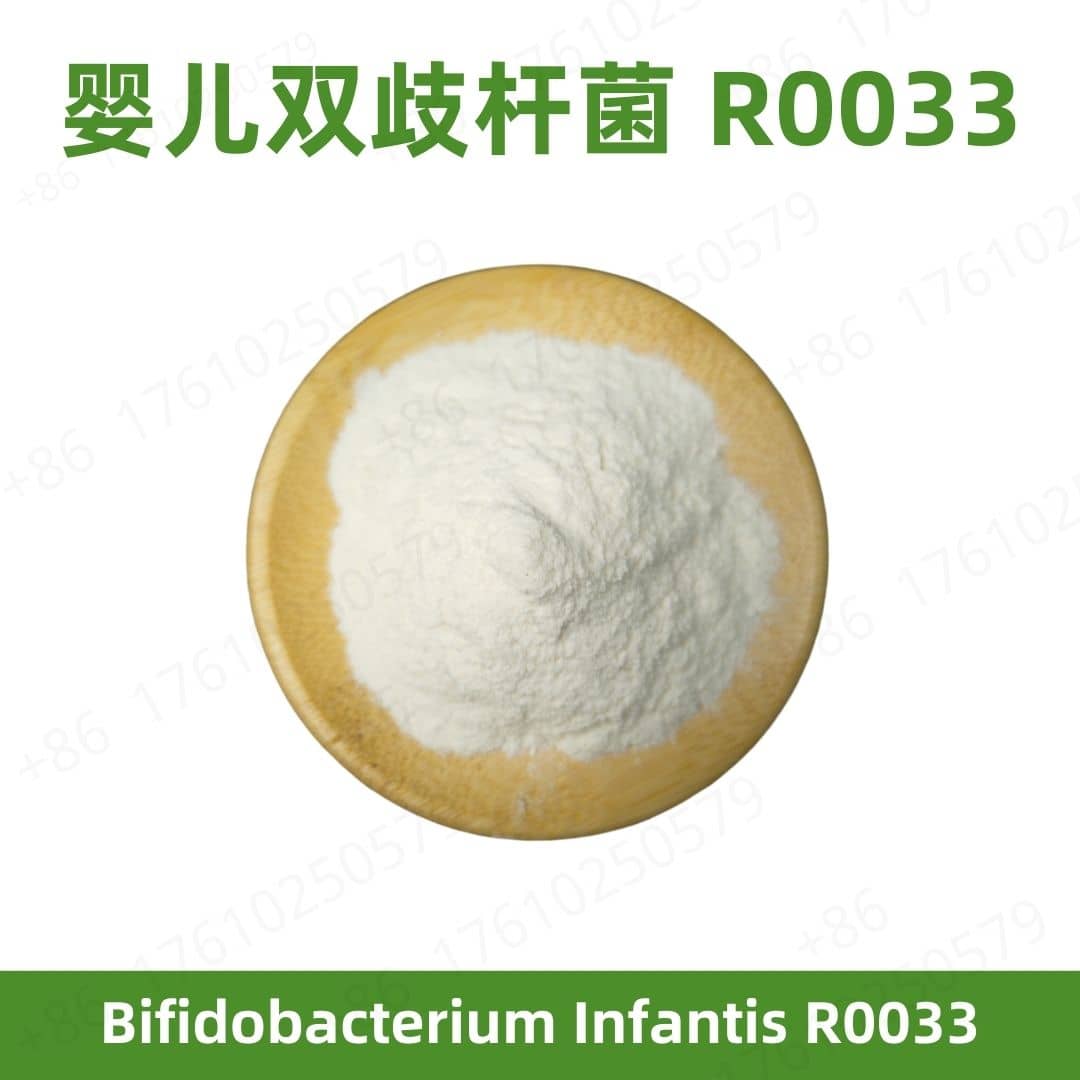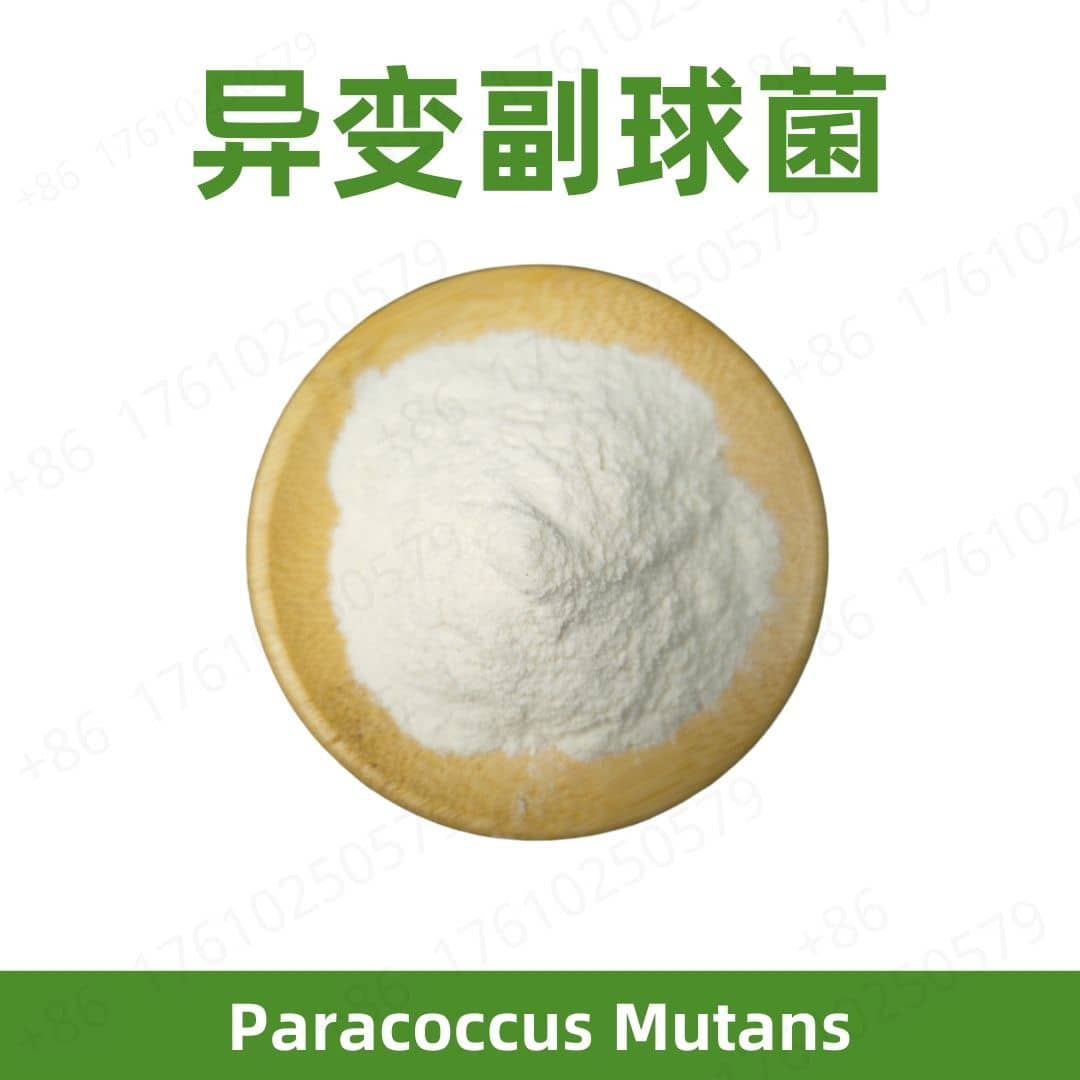Product Introduction
Pediococcus is a genus of lactic acid bacteria widely recognized for its role in food fermentation and probiotic applications. They are commonly found in various fermented foods, such as pickles and certain types of beer. Pediococcus bacteria are known for their ability to produce lactic acid, which aids in preservation and flavor development in food products.
Production Process
The production of Pediococcus involves cultivating these bacteria in controlled environments. Typically, the fermentation process begins with the selection of high-quality strains known for their desirable traits. These strains are then propagated in suitable growth media under precise conditions. The fermentation process is monitored to ensure optimal bacterial growth and metabolic activity, leading to the production of lactic acid and other beneficial compounds. Finally, the harvested bacteria are dried and processed into a powdered form for use in various applications.
Product Benefits and Functions
Pediococcus offers various health benefits, including enhancing gut health by promoting a balanced microbiome. As a probiotic, it supports digestive health and can alleviate symptoms of gastrointestinal discomfort. Its lactic acid production contributes to food safety by inhibiting the growth of harmful bacteria. Pediococcus also plays a role in improving the taste and texture of fermented foods, delivering a characteristic sour flavor profile. Additionally, it may enhance the absorption of certain nutrients in the body.
Product Application Scenarios
Pediococcus is highly versatile and can be used in various applications. It is commonly utilized in the fermentation of vegetables, meat products, and dairy items, contributing to flavor and preservation. In the beverage industry, it is involved in the production of certain types of beer and kombucha, enhancing the taste and stability of the final product. Furthermore, it is incorporated into dietary supplements aimed at improving gut health and overall wellness. Each of these uses highlights the valuable role that Pediococcus plays in both food production and health supplements.
Packaging and Storage
Storage Conditions: Store in a sealed, light-proof container, away from high temperatures, in a dry, cool, and well-ventilated place.
Packaging: Bulk: 25kg/cardboard drum; Sample: 1kg/aluminum foil bag; Custom packaging available upon request.
Shipping Methods: FedEx, DHL, dedicated logistics, and sea freight consolidation.
Shelf Life: Two years
Monica Sun possesses extensive technical expertise and market insights in the food additives industry. She excels in designing efficient and safe additive formulations tailored to various food applications, ranging from sweeteners to functional dietary fibers. Monica has successfully assisted food manufacturers in optimizing ingredient combinations to enhance product quality and improve consumer satisfaction.

















